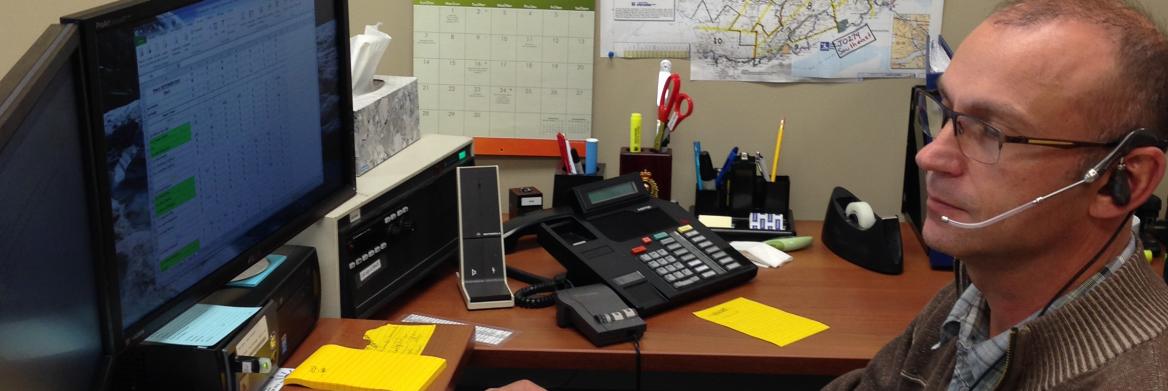Three years ago, borrowing the idea from the Halifax District Detachment, the RCMP in New Brunswick started up a Call Back Unit, in Dieppe, N.B.
The unit started with three police officers — a number that has now grown to nine — who respond to calls for service that don't require an immediate, in-person police response, like minor motor vehicle accidents, gas drive-offs and general inquiries.
"We receive a lot of calls from the public, and the more you can filter those calls that can be handled through other means, the better off you're going to be," says C/Supt. Wayne Gallant, the criminal operations officer for the RCMP in New Brunswick.
The unit returns as much as 20 per cent of incoming calls, providing clients with an efficient, in-depth service. The team has even identified several crime patterns, which they've alerted investigators to for further investigation or charges.
The Call Back Unit comprises duty-to-accommodate members, who are medically unable to perform front-line duties. Sgt. Jennifer Carroll-Johnston, the non-commissioned officer in charge of the unit, says creating meaningful work for these members has allowed them to put their extensive policing experience and skills to work again, as well as have regular client contact.
"We get a lot of feedback from members about how grateful they are for solving a lot of these minor issues because the clients are getting attention that maybe they wouldn't if members were tied up and busy, and more importantly, it frees up their time so they can focus on priority matters or self-generated files," says Carroll-Johnston.
Last year, following a core services review, senior managers decided to build on the program. It's now in the process of launching three Telephone Response Units, each made up of three regular members and three public service employees (PSEs).
The PSEs will receive all calls for service that would have gone to the detachment directly, so they'll be able to triage them, further alleviating the workload of both front-line members and detachment clerks.
"This is a huge call-management success," says Gallant. "When people say, 'What are you doing to take work away from the front line?' Well, we've got this tangible 20 per cent they were previously getting that we can point to."
